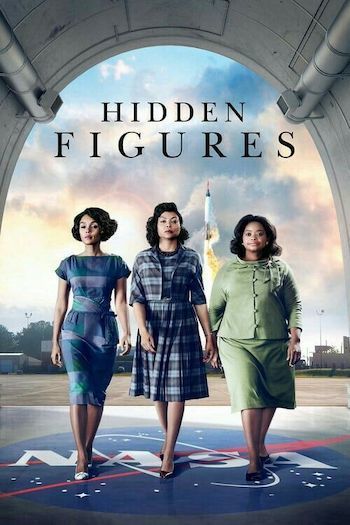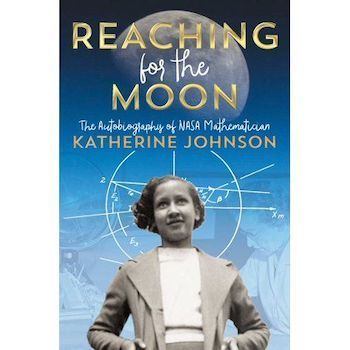Tapping Into My Inner Math Genius
I was once the girl who couldn’t memorize multiplication tables (and to this day numbers do not stick in my head). I was once the girl who fell so far behind in 5th grade math that her teacher asked her to sit in the hallway filling out worksheets while she taught the other kids the math unit in the classroom. I was once the girl who failed math in middle school. I was once the girl who passed high school math by the skin of my teeth — understanding very little of the subject matter. Early on, I concluded that I was good at reading but bad at math.
A few years ago I saw this wonderful movie….

It’s based on a true story and one of the women, Katherine Johnson, is introduced when she’s a young girl. A young girl math genius. Genius is fascinating, isn’t it? Katherine went on to become a NASA mathematician and her work helped to ensure the success of the earliest spaceflights carrying astronauts.
After watching Hidden Figures, I thought, “What if I was to write about a math genius heroine?” The idea appealed to me more and more as time went by. And so, in my upcoming book, Let It Be Me, I followed through on that inspiration. Leah’s a former child math prodigy who graduated college at eighteen and, when it became imperative that she take custody of her young brother, became a teacher.
I began my research for Leah by reading Katherine Johnson’s book.

Then I combed YouTube for videos on female mathematicians. I found a few news stories. But then I found a gold mine of lectures given by mathematician Eugenia Cheng.
I was fascinated! She speaks to people who wouldn’t consider themselves mathematicians about math in a way I could understand. I watched video after video and took pages of notes.
A few of the things I learned from Eugenia….
~Math isn’t all about numbers. It’s about how to think. And thinking well has a good impact on the world.
~Math is the logical study of how logical things work.
~Math provides a way of looking at what things have in common. Math is about inter-connectedness. Math finds what is common and removes the other details.
~Understanding differences in logic can help us empathize. But we often let emotion drive out logic.
~Most people aren’t math phobic, they’re phobic of the way math is taught in school. Math can be creative and expressive and wonderful. There are people who failed school math and became extraordinary mathematicians.
~Female mathematicians are in the minority. In her college math classes, about one in ten students were female. In Eugenia’s PhD program, there were even fewer. She grew accustomed to being different from everyone in the room and figured she might as well make use of her difference and become memorable.
It was so empowering to listen to and learn from her! I realized I’m not “bad at math” and never was. I’m simply phobic of the way math was taught to me in school! 
The opportunity to live vicariously through characters is one of the joys of writing. I rode Thoroughbred racehorses (in my imagination) when writing A Love Like Ours. And became a female body guard in Her One and Only. I’ve been a wealthy heiress, a model, a chocolatier, a famous Bible study teacher, and more.
Writing Leah’s book gave me a chance to think like a mathematician does… logically. And it turned out that, after my rocky introduction to math, it was incredibly satisfying to tap into my inner math genius while writing Let It Be Me.
Have you, like me, ever believed yourself “bad at math”? Which occupations have you enjoyed experiencing through the pages of a novel?


